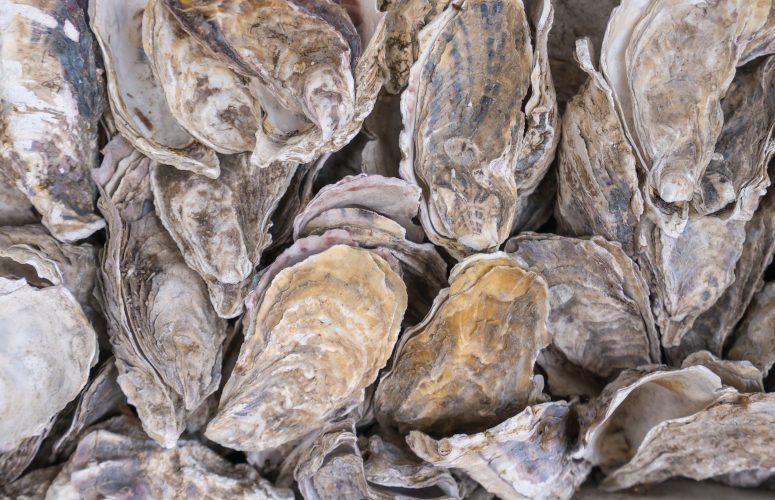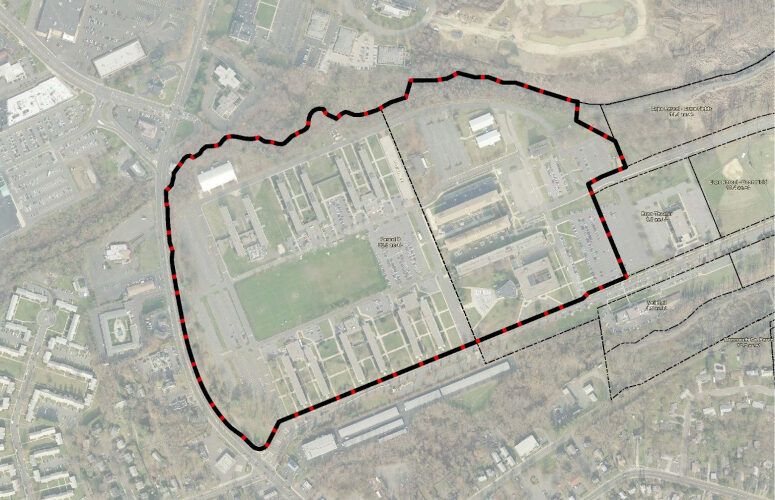
Rutgers-Led Project Will Buy 76,000 Oysters From Farmers Struggling During COVID-19 Pandemic
On Sep 10, 2020A Rutgers-led project will buy 76,000 oysters from New Jersey oyster farmers who are struggling to sell the shellfish following the shutdown of restaurants and indoor dining as a result of the COVID-19 pandemic.
The oysters, to be purchased for 65 cents apiece, will be transplanted from Delaware Bay-area farms to targeted oyster restoration sites in Little Egg Harbor and the Mullica River in New Jersey this month.
“I hope this project will serve as a model for future efforts and establish a shellfish exchange that will serve as a broker linking shellfish farmers and restoration practitioners,” said project leader Lisa M. Calvo, a marine scientist and aquaculture program coordinator at Rutgers University–New Brunswick’s Haskin Shellfish Research Laboratory and New Jersey Sea Grant. “Our approach benefits the environment and provides an opportunity for shellfish farmers to diversify their businesses, supporting a sustainable and healthy future for Delaware Bayshore ecosystems and economies. Such collaboration will make an already green aquaculture industry even more environmentally beneficial.”
Oysters are tremendously beneficial to the environment, serving as habitat for a suite of commercially and recreationally important fish, improving water quality and sequestering nitrogen and carbon, Calvo said.
Shellfish farmers rely on direct sales to restaurants or on wholesale markets that serve restaurants. The disrupted demand decreased farm revenues and created a stock management issue as oysters bound for spring and summer harvests remained on the farm longer than anticipated. Farmers have also been unable to free up space to accommodate the growth of next generation oysters, and many oysters have outgrown the preferred raw bar cocktail size. While some farmers have established alternate markets through shucking houses, on-line sales and other direct to consumer opportunities, sales have still not rebounded to pre-pandemic levels.
Rutgers and New Jersey Sea Grant will work with project partners New Jersey Department of Environmental Protection, Stockton University, Barnegat Bay Partnership, Partnership for the Delaware Estuary, The Pew Charitable Trusts and the New Jersey Aquaculture Association to buy 76,000 overgrown oysters from oyster farmers. New Jersey Sea Grant, in partnership with the Haskin Shellfish Research Laboratory, recently received a $70,000 grant from the NOAA Sea Grant COVID-19 Rapid Response Aquaculture Funding Opportunity for the project.
To access more business news, visit NJB News Now.
Related Articles:





